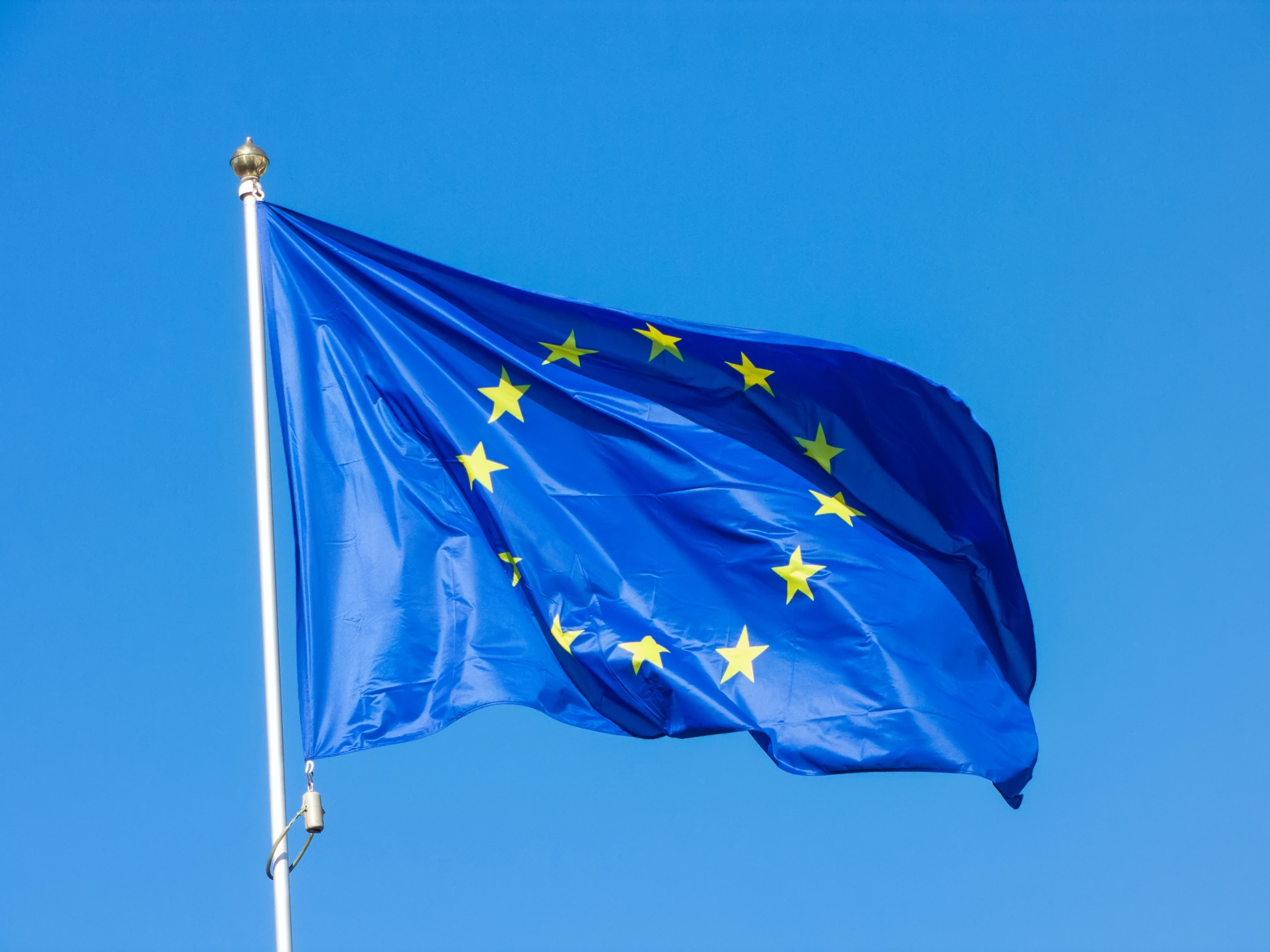IPOPI position on the Council’s negotiating mandate on the proposed SoHO regulation

The Council of the European Union agreed on a negotiating mandate on the Commission proposal for a Regulation on the standards of quality and safety for substances of human origin intended for human application (SoHO) on October 26, 2023.
The International Patient Organisation for Primary Immunodeficiencies (IPOPI) welcomes the Council’s negotiating mandate on the proposed SoHO legislation as it recognises the importance of guaranteeing the availability of SoHOs to ensure optimal patient access, acknowledges the need to increase plasma collection to meet the needs for patients in need of plasma-derived medicinal products while respecting Member States’ competence to compensate donors within their national legislation as long as they are financially neutral. There is still a concern regarding the consideration of collection of plasma as an activity implying a “non-negligible risk”.
Over 50% of patients with primary immunodeficiencies (PIDs) suffer from antibody deficiencies for which the only treatment is immunoglobulin replacement (Ig) therapy. Ig therapies are medicines obtained from the fractionation of human plasma and they need to be administered lifelong at regular intervals so that patients can fight off bacterial and viral infections. Patients with PIDs in need of Ig therapies do not have any alternative. In Europe, all the EU-authorised Ig therapies are safe (from a viral perspective), so the biggest safety concern for patients with PIDs relates not to the products themselves, but to the lack of continued and stable access to them as prescribed by the treating physicians.
IPOPI welcomes the acknowledgement of the importance of guaranteeing the availability of SoHOs to ensure optimal patient access and sufficiency of supply. In that sense, we welcome the recognition that reimbursement or compensation including through fixed rate allowances is in line with the principle of voluntary and unpaid donation. IPOPI supports the idea of Member States defining the type of compensation on the basis of their national context.
IPOPI considers that the future regulation should be flexible enough to be based on scientific evidence and be able to keep up to date, through technical meetings and guidelines that would be able to incorporate the latest scientific evidence through delegated acts. We encourage the trialogue negotiations to reconsider the consideration of plasma collection implying a “non-negligible risk”, as it may have a negative impact on the public perception of plasma collection which would be totally counterproductive to the overall objective of collecting more plasma in the EU.
We look forward to swift trialogue negotiations on this legislative dossier to ensure that the final regulation is agreed upon and voted on before the EU elections in 2024.



